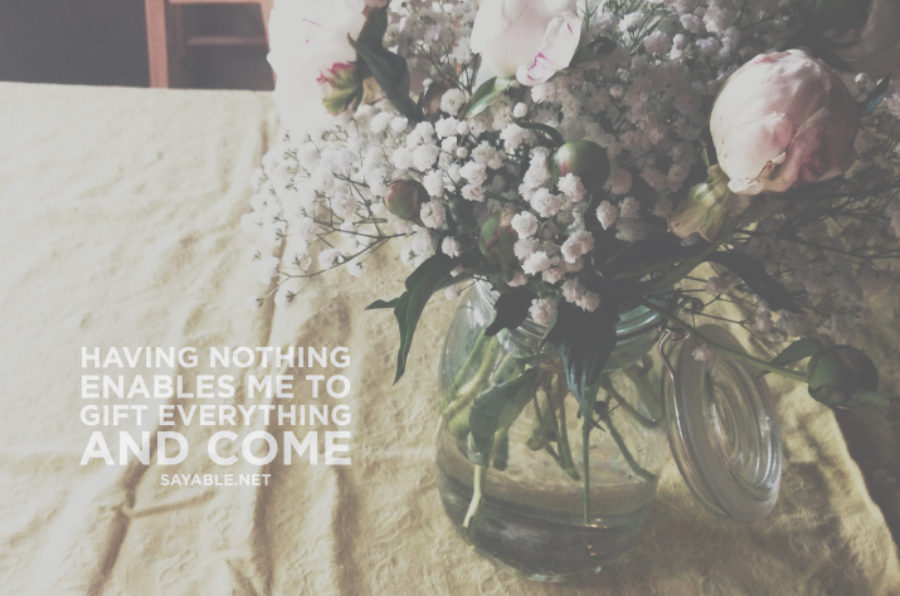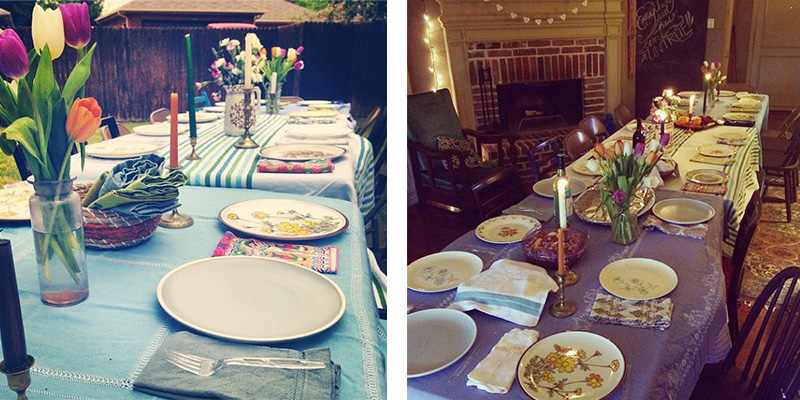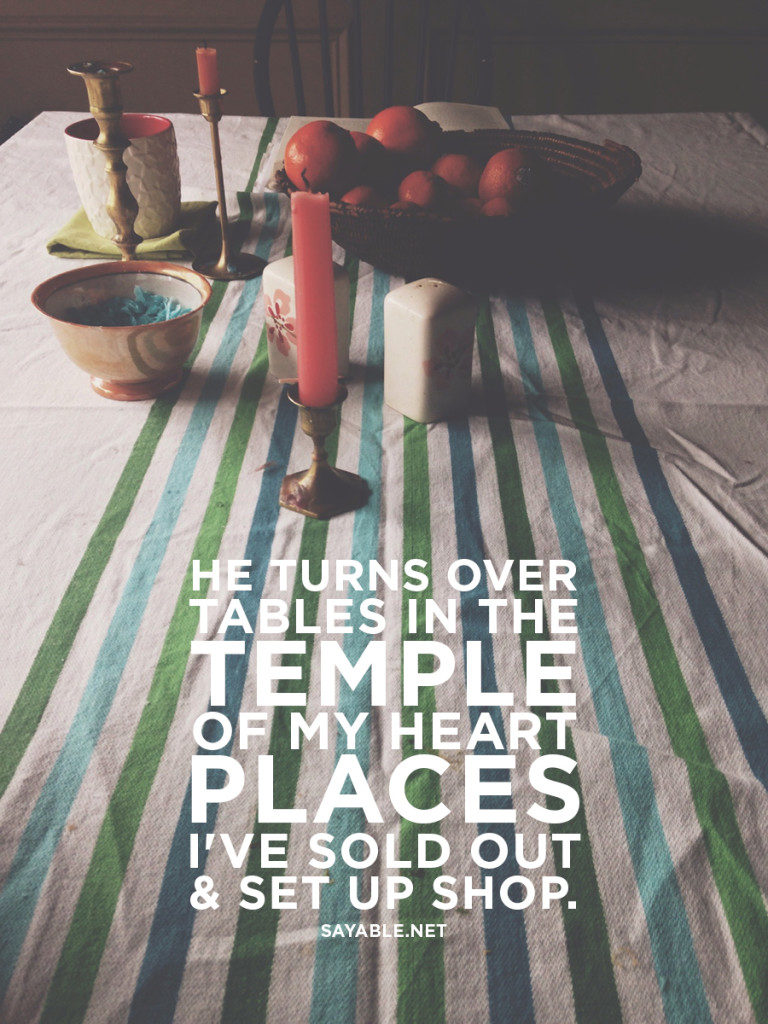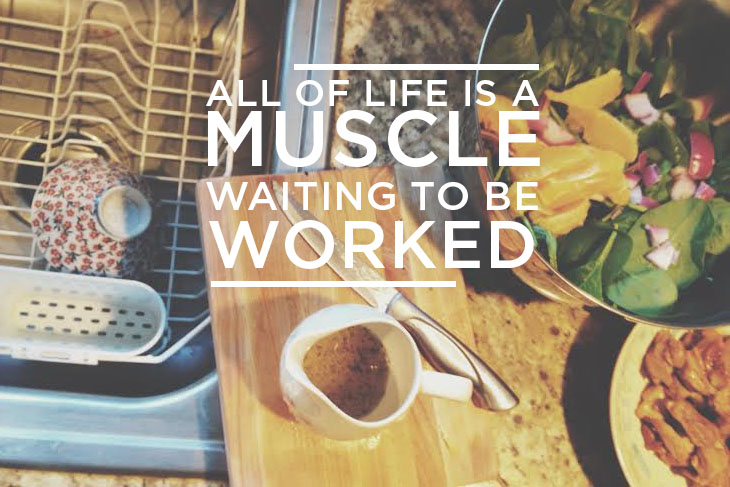Jubilee
 I was 13 when I knew I would be a writer even though definitions of verbs and adverbs and gerunds were still a bit hazy in my mind, not to mention my atrocious spelling. I came of age in the coming of age of spell-check which ruined it for us all. No idea how to spell anxious or brevity or volatile or naive? No problem. I wonder what will become of us now that most digital devices anticipate our words before we can spell out even their first few letters. We are already less than literate, now will we be less than half?
I was 13 when I knew I would be a writer even though definitions of verbs and adverbs and gerunds were still a bit hazy in my mind, not to mention my atrocious spelling. I came of age in the coming of age of spell-check which ruined it for us all. No idea how to spell anxious or brevity or volatile or naive? No problem. I wonder what will become of us now that most digital devices anticipate our words before we can spell out even their first few letters. We are already less than literate, now will we be less than half?
I'm no opponent of modernity, nor am I antagonistic to those who spend their resources grabbing up every new resource as it comes. I am writing this on a 15inch MacBook Pro, on which I spent more to get the anti-glare screen and super impressive pixel ratio. I wake up every morning to the alarm on my iPhone which gets me to work on time so I can learn and earn more so I can buy gadgets such as these. Praise God for GPS without which I'll bet cities wouldn't grow so fast so quickly.
Stepping back from the whole of it, though, the writing, the spell-check, the convenience, the anti-glare screen, (everything except the alarm), causes a kind of built-in pause, as it is meant to, and this morning I think about the year of jubilee.
Rightly understanding the law's place is one of the gospel's great benefits, but sometimes I lament that He who set us free indeed didn't keep a few of the more beneficial laws around for good measure. The Year of Jubilee would be one I'd have kept because I'm very bad at resting and my guess is you are too. Because we can do everything faster, better, and more efficiently, we can do more and more and more until we've lost sight of why we're doing it at all.
What are we doing anyway?
There's much talk of obscurity and the normal and going about our business, minding it in light of the Gospel and little else, and this resonates deep in me. But I wonder sometimes if the reason we have this conversation at all is because minding other people's business is so tres chic these days. "All up in your bizniss" in the street lingo. Sharing it all brings this strange delight, a false sense of togetherness and a true sense of coolness.
I used to think the word community was derived from common and unity, or together and altogether. But it's not. Com: together and Munus: gift.
Gift, together.
In the Year of Jubilee, God's people would return to their own land, and return the land they'd inhabited to its original owners. They would set free captives and slaves and servants. They would forgive debts. They would celebrate all year long the gift of God to them. They would community: gift, together. A long year of gifting.
When I set myself down and rest my mind and eyes and ears from all that which threatens to steal my joy, I think it's the stuff of it all that steals it most quickly. Instead of feeling gifted to by what modernity has brought, I feel stolen from. It steals my time and my energy, my opinion and my coolness. Apart from all that I do or have, I am not cool after all.
But it turns out things don't steal my joy, my need for them does
What is beautiful about Sabbath and Jubilee and rest, is when I'm set apart from what I do or have, I am nothing—and nothing is what I bring to the cross. Nothing enables me to gift everything and come, trembling and grateful, empty-handed, atrocious spelling, without GPS or alarm, come. Quiet and aware. Stilled and stayed. Comforted by nothing but His grace and love toward me.












